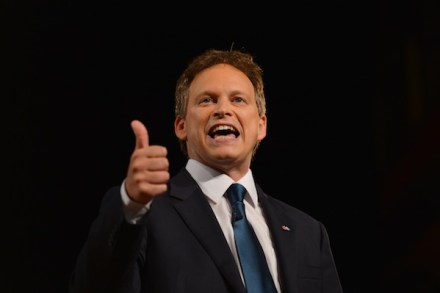The reshuffle hasn’t mollified everyone
With Dominic Raab’s appointment as Parliamentary Under-Secretary for Justice, a pattern is starting to emerge in David Cameron’s reshuffle of reconciliations with old foes in a new parliament. Raab organised one of the most effective rebellions of the last Parliament on the Immigration Bill, which left the Tory whips in complete chaos. Now he has been brought into government. Cameron is also – belatedly – handing out jobs to members of the ‘Curry Club’: a group of Conservatives who are pretty savvy at sniffing out policies that won’t work on the doorstep (and who have rather proven this by increasing their majorities). Curry Club members include Tracey Crouch, who will




















